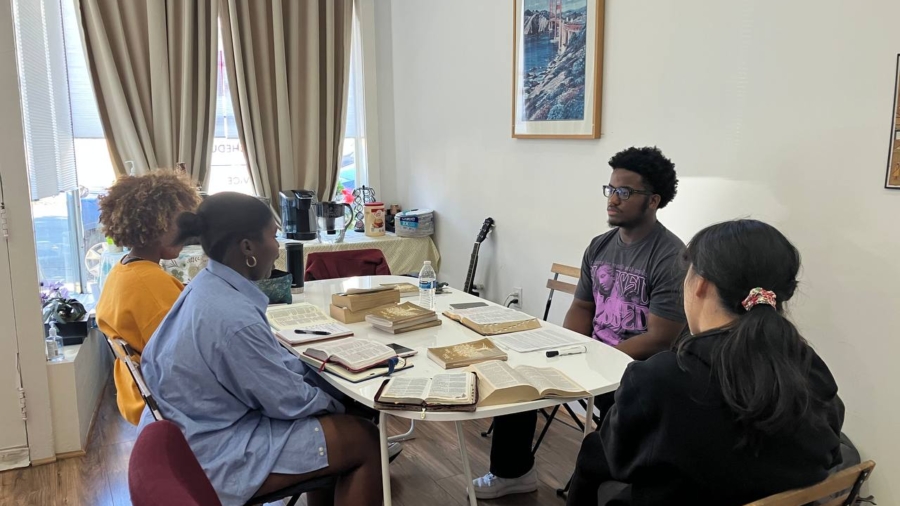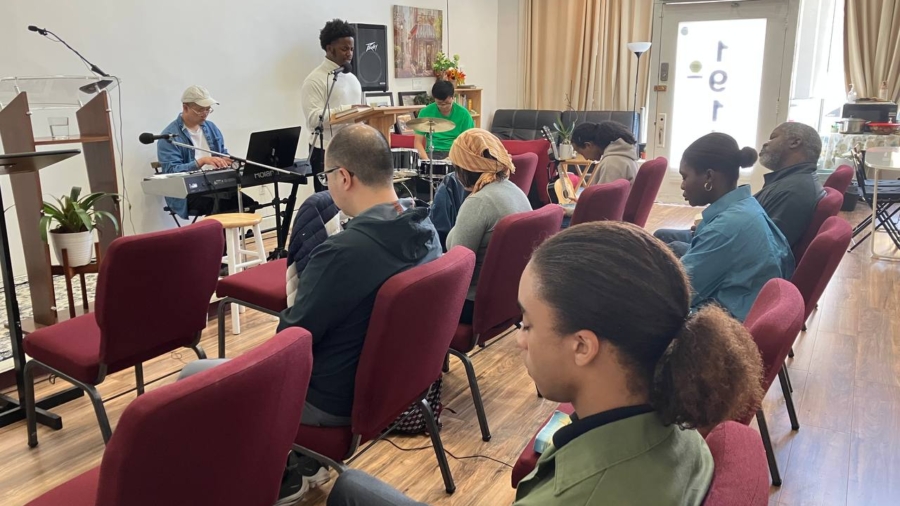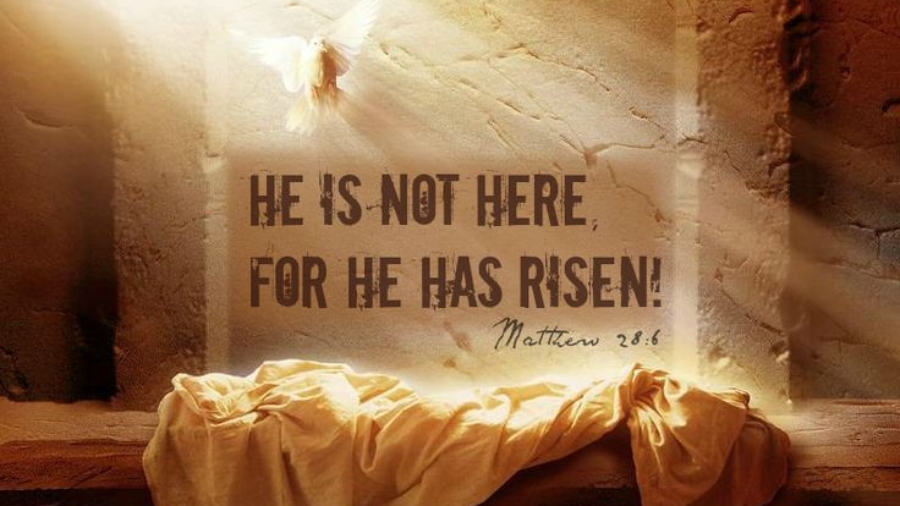In the sermon, Pastor Walker dove into the obscure genealogy within 1 Chronicles 4:9-10, where we discover the remarkable Prayer of Jabez. This is a lesson found in one of the least-read books of the Bible, yet it’s a gem. We know little about Jabez himself, but what’s remarkable is that he is known more for what he prayed than what he did. The key to his honorable standing among his brothers and sons of Judah was faith – looking up to God, believing in His existence, and earnestly seeking His rewards. It’s time to rely on God, pray in faith, and embrace the special nature of the Prayer of Jabez.
The Prayer of Jabez opens our understanding to a life of honorable prayer and righteous faith. It’s about looking up to the great God of love, seeking His blessings, and trusting Him with our needs, desires, and struggles. We must recognize that true spiritual righteousness is in being weak and relying entirely on God. Jabez’s name signified a destiny of pain and suffering, but his faith found a way to overcome it. Luke 11:5-10 teaches us the secret and power of prayer in serving others with love and pain, getting ourselves out of our selfishness, and embracing the love that sets our hearts honorably before God. Praying with deep love and pain allows God’s unlimited blessings to flow into our lives. In 1 Chronicles 4:10, we are reminded not to limit our prayers to our own boundaries but to trust in God’s desire to expand our territories for His glory. Jabez’s prayer wasn’t selfish; it was about the heart and God’s Kingdom. We must transcend our limits and ask God to make a great impact for His Will. Jabez also prayed for God’s hand to be with him and to keep him away from harm. We must recognize our weaknesses and humbly ask for the Holy Spirit’s guidance and protection from evil. Especially for students who are embarking on a new school year, may the Prayer of Jabez inspire us to embed its words into our hearts, to pray earnestly for God to expand our boundaries, and to open ourselves to the abundant blessings that God, the Creator of this whole universe, wishes for us.0










